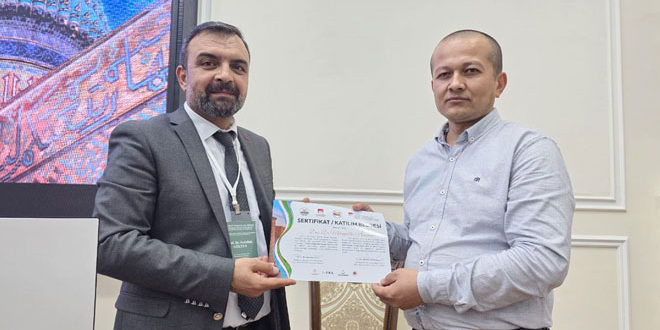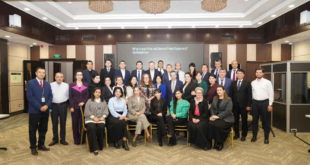Currently, a scholarly-theoretical conference titled “The Path and Legacy of Ahmad Yassawi in Turkic Literature” is being held at the Turkology Research Institute of Samarkand State University named after Sharof Rashidov, in collaboration with Ankara Haji Bayram Veli University (Turkey). The conference brings together numerous scholars, researchers, and experts to discuss pressing issues related to Turkic literature, Sufism, and the spiritual legacy of Ahmad Yassawi.
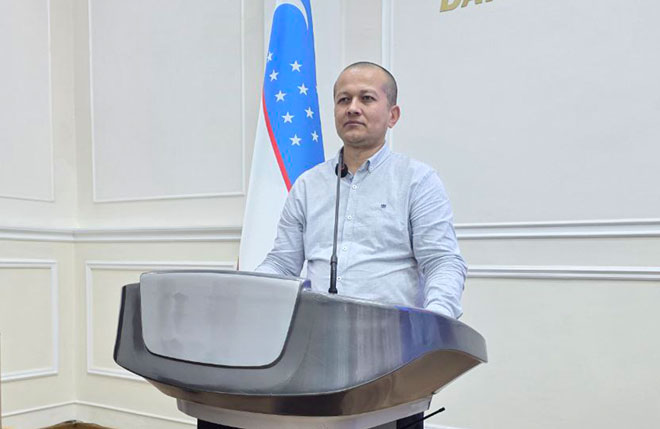
In particular, during the session held on June 13, Mekhrojiddin Amonov, a researcher at the Imam Bukhari International Scientific Research Center, delivered a presentation titled “The Yassawiya Order: Azizon and Iqoniya,” in which he focused on both the theoretical and practical dimensions of the Yassawi path. According to this spiritual doctrine, “the first stage of the Sufi path is repentance, while the second is love and devotion toward the ‘Azizon’ (saints and friends of God).” The term Azizon refers to the pious sheikhs, pirs, and spiritual mentors who walk the path of divine truth, which underscores the central importance of choosing a guide or spiritual master (ustoz) in the Yassawi tradition. This also highlights the deep-rooted teacher–disciple relationship, reverence for the spiritual guide, and their role in leading disciples on the path of spiritual refinement.
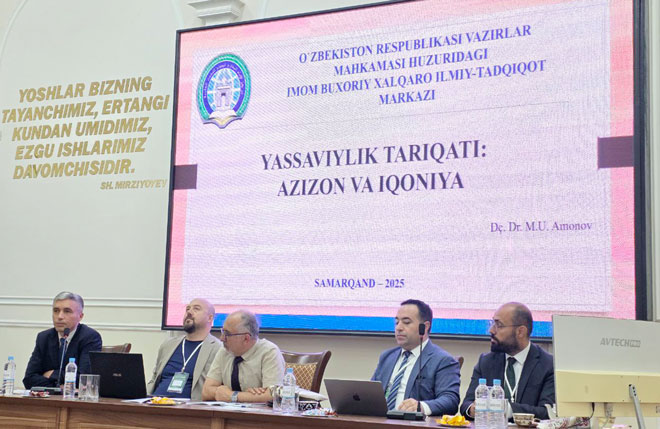
The presentation also delved into the essence of the concept of Iqoniya, which denotes a firm, doubt-free faith grounded in knowledge and certainty. Through examples from Ahmad Yassawi’s Hikmats, the researcher illustrated how both concepts – Azizon and Iqoniya – are deeply embedded in his teachings. His analysis shed light on the philosophical foundations of the order, the spiritual significance of the pir–murid relationship, and the path toward achieving unwavering faith within the Sufi framework.
The speaker emphasized that Ahmad Yassawi’s philosophical ideas are not only manifest in his renowned work Diwan-i Hikmat, but have also profoundly influenced later Sufi literature. “The essence of the Yassawi path,” he noted, “is a solid faith (iqoniya) that leads a person to spiritual perfection, and an unconditional love and loyalty to the righteous guides (azizon) on the path of divine truth.”
This presentation, which was met with great interest by participants, offered a fresh perspective on the relevance of Yassawi teachings in contemporary times and provided deeper insight into their role in enriching the spiritual world of modern individuals.
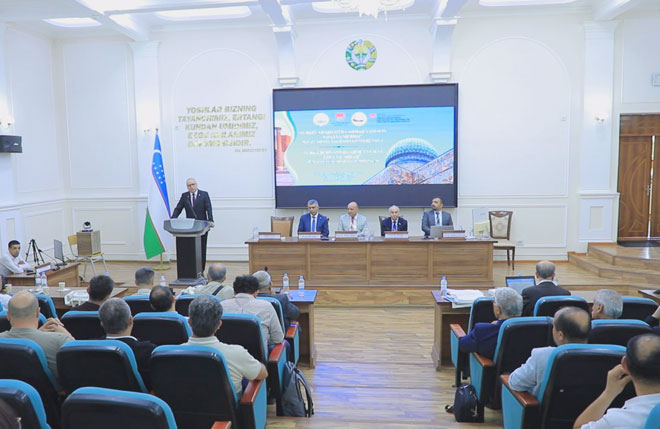
The international event became a vital platform for critical reflection on Ahmad Yassawi’s literary and Sufi heritage from a modern scholarly perspective. It also contributed to a deeper understanding of his spiritual influence across the Turkic world and helped strengthen academic collaboration in this field.
 Imom Buxoriy xalqaro ilmiy-tadqiqot markazi bukhari.uz
Imom Buxoriy xalqaro ilmiy-tadqiqot markazi bukhari.uz







